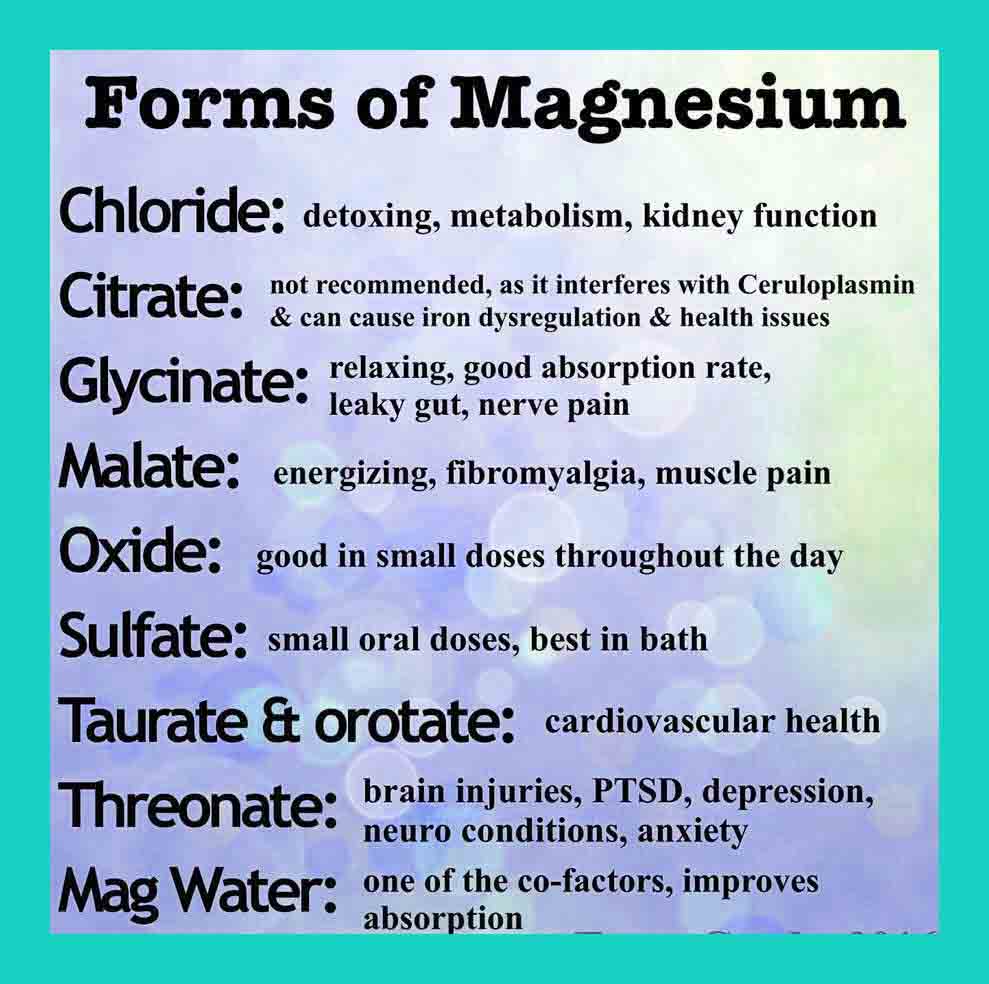Best Type Of Magnesium For Muscle Recovery

Muscle soreness sidelining your workouts? The answer might be simpler than you think: magnesium. But not all magnesium is created equal when it comes to recovery.
This article cuts through the confusion surrounding magnesium supplements, pinpointing the most effective forms for rapid muscle recovery and improved athletic performance.
The Magnesium Maze: Understanding the Different Types
Magnesium supplements come in a variety of forms, each with different bioavailability and absorption rates. Choosing the right one is crucial for maximizing its benefits.
Magnesium Citrate: A Popular, but Imperfect Choice
Magnesium citrate is one of the most common and affordable forms of magnesium. It's easily found in most drugstores, making it a convenient option.
However, its primary use as a laxative means it may not be the best choice for those with sensitive stomachs, and its bioavailability is moderate at best, according to a study published in the Journal of the American College of Nutrition.
Magnesium Oxide: Low Bioavailability, Limited Benefits
Another widely available form, magnesium oxide, contains a high percentage of magnesium by weight.
Despite this, its bioavailability is notoriously poor, meaning your body absorbs very little of it. Research indicates that only around 4% is absorbed, making it a less effective choice for muscle recovery.
Magnesium Glycinate: The Recovery Champion?
Magnesium glycinate is considered by many experts to be the gold standard for muscle recovery and overall health. It's chelated with glycine, an amino acid known for its calming properties.
This chelation significantly enhances absorption and reduces the likelihood of digestive upset. A study in Nutrition Reviews highlights its superior bioavailability and tolerability.
Glycine itself promotes relaxation and improves sleep quality, further aiding in muscle recovery processes.
Magnesium Threonate: Brain Benefits, Potential for Recovery
Magnesium threonate is a relatively new form that shows promise for both cognitive function and muscle recovery. Its unique ability to cross the blood-brain barrier sets it apart.
While research is still ongoing, preliminary studies suggest it may improve synaptic plasticity and enhance learning and memory. Some evidence also indicates potential benefits for nerve function and muscle relaxation, although more research is needed specifically on muscle recovery.
Magnesium Malate: Energy Production and Muscle Function
Magnesium malate combines magnesium with malic acid, a naturally occurring substance found in fruits. Malic acid plays a crucial role in energy production within the mitochondria of cells.
This form is often recommended for individuals experiencing fatigue or muscle weakness. It may help improve energy levels and support optimal muscle function, potentially aiding in recovery after intense workouts. However, it may not be as effective for promoting sleep compared to glycinate.
Dosage and Considerations
The recommended daily intake of magnesium for adults ranges from 310 to 420 mg. However, athletes and those engaged in strenuous physical activity may require higher doses.
It's essential to consult with a healthcare professional or registered dietitian to determine the appropriate dosage for your individual needs. They can assess your current magnesium levels and consider any underlying health conditions or medications you're taking.
Pay attention to your body's response. Start with a lower dose and gradually increase it as tolerated to minimize potential side effects like diarrhea.
The Verdict: Glycinate Leads the Pack
For optimal muscle recovery, magnesium glycinate appears to be the most effective choice, due to its high bioavailability, tolerability, and added sleep-promoting benefits.
While other forms like threonate and malate offer unique advantages, glycinate provides a well-rounded approach to supporting muscle repair and reducing soreness.
Consider consulting with a healthcare professional to determine the best magnesium supplement and dosage for your individual needs.
Next Steps: Optimize Your Recovery
Don't let muscle soreness hold you back. By understanding the different types of magnesium and their respective benefits, you can make an informed decision and optimize your recovery strategy.
Look for high-quality supplements from reputable brands and prioritize forms with proven bioavailability, such as magnesium glycinate. Remember that magnesium supplementation is just one piece of the puzzle.
Combining it with a balanced diet, adequate hydration, and proper rest will significantly enhance your muscle recovery and overall athletic performance. Further research is continuously being conducted to explore the full potential of magnesium in sports performance and recovery.



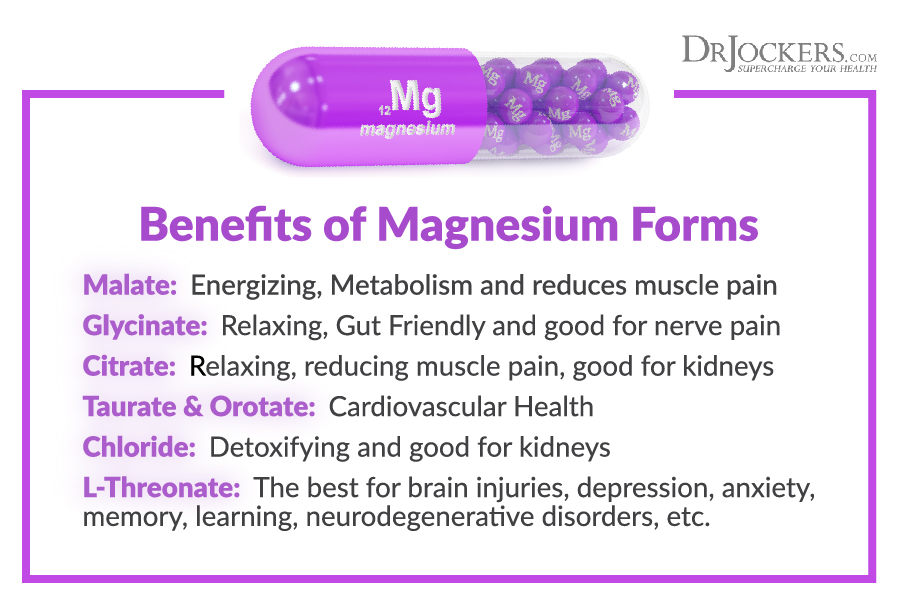

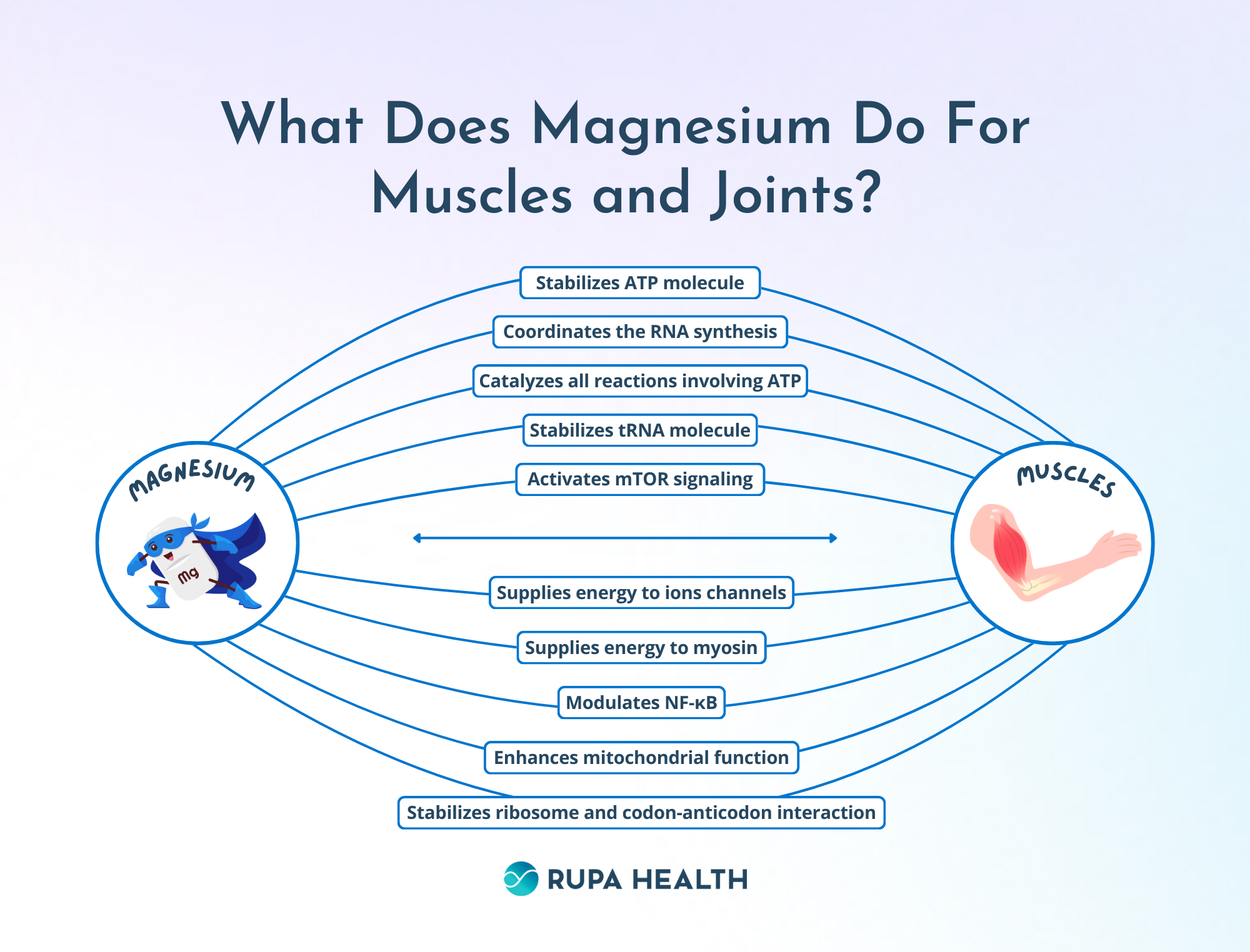
![Best Type Of Magnesium For Muscle Recovery Magnesium 400mg [High Potency] Supplement - Magnesium Oxide for Immune](https://i5.walmartimages.com/asr/0676a2a8-ecf8-456d-95c9-2e3ce8cba1b2.10278be2439c778bfaf5c1cd0606ff77.jpeg?odnHeight=612&odnWidth=612&odnBg=FFFFFF)


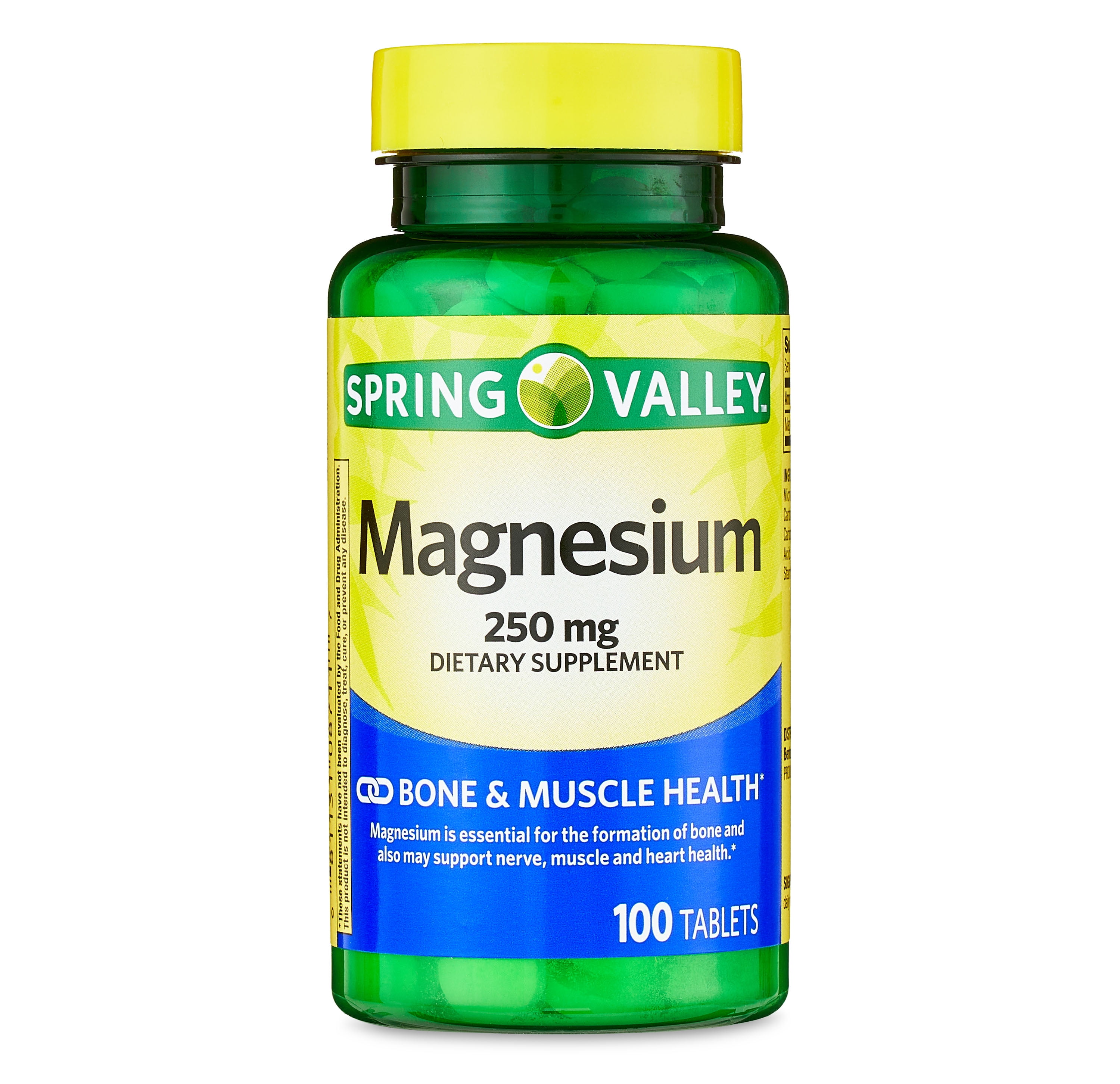

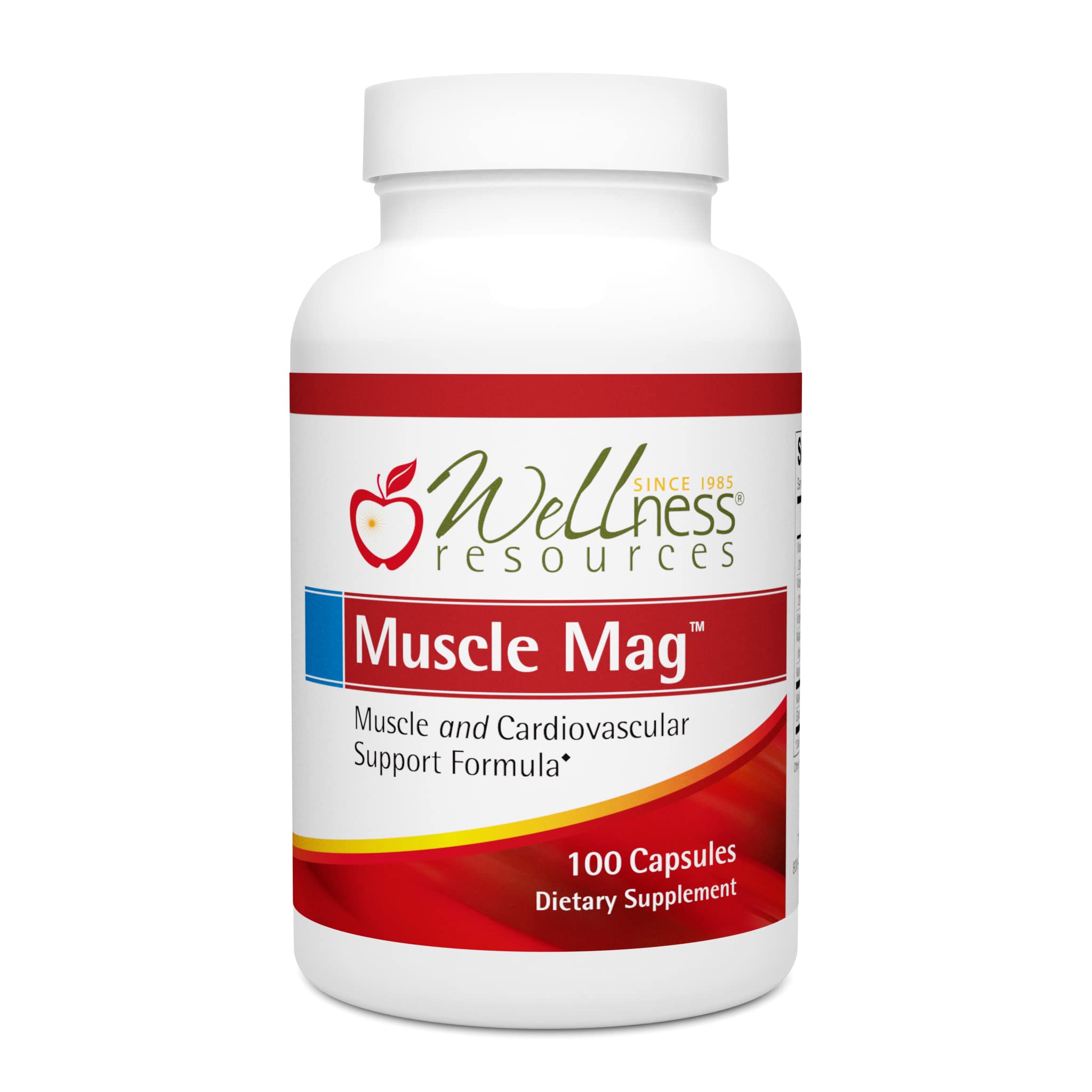
![Best Type Of Magnesium For Muscle Recovery Magnesium 400mg [High Potency] Supplement Magnesium Oxide for Immune](https://i5.walmartimages.com/seo/Magnesium-400mg-High-Potency-Supplement-Oxide-Immune-Support-Muscle-Recovery-Leg-Cramps-Relaxation-120-Tablets-Count-Pack-1_0a7b035a-3dbd-46c6-9fd1-158ea1d108e0.00f90cf9b26f374993bfb716c370c36b.jpeg)



